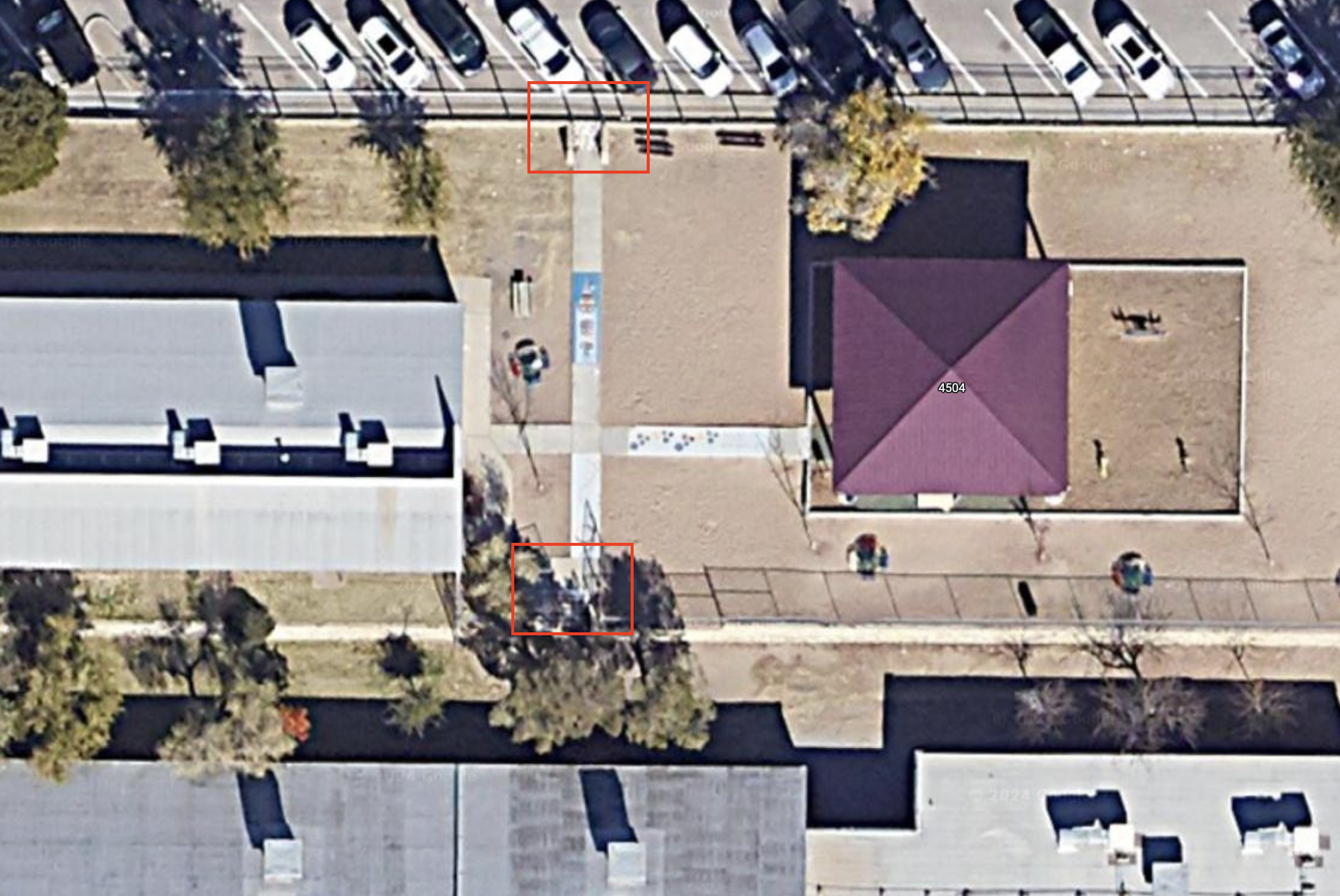I've been a patient of some sort of mental health professional from a very early age. In third grade, I began having uncontrollable anxiety, especially when I had to be apart from my parents—like going to school. The panic attacks got so bad that sometimes, after being dropped off, I'd run away from school and head back home.
My parents were deeply concerned, and they did what caring parents would do: they sought professional help. That was when I was first prescribed antidepressants and anti-anxiety medication. I remember struggling to swallow those pills, the bitter taste lingering as they dissolved in my mouth.
My mind was at war with itself. I genuinely wanted to be in school. I loved learning. But every time I was there, my breath would grow shallow, my mouth would go dry, and nausea would take over. All I could think about was escaping, even though I knew how much trouble it would cause for me and my parents. I knew nothing bad was going to happen to me at school, but the panic was stronger than reason.
I remember the first time I decided to run away from school. My classroom was in a section of the school that was closed off by two gates after the school day began. It was like I was on high alert, scanning the environment for every possible way out—every crack in the "prison" that held me there. When I first thought about escaping, I told my teacher that I needed to go to the bathroom, but I took my backpack with me. That was my first real step in my plan—I needed my backpack. I had to make it look like I was just another kid doing something normal.

The first gate was old, with a chain and a padlock keeping it closed. I noticed early on that it didn’t close all the way, that there was just a little bit of space there, and in my mind, that was my chance. My heart was racing, and everything around me became background noise. I took my backpack off and hurled it over the fence to the other side. I pushed against one side of the gate, just enough to make space for myself. I was small for my age—skinny enough to squeeze through the gap. My body slipped through, and I was out.
The second gate was at the top of a hill, and I could feel my anxiety pushing me forward—like my own body wouldn’t let me stop until I was completely free. This gate had a large gap underneath, enough that I could get on my belly and crawl beneath it. I remember how the dirt felt under my hands as I pushed my backpack through and pulled myself to the other side.
Once I was out of the school, I knew I couldn’t just walk down the main streets. My brain was in full survival mode—I couldn’t let anyone catch me. I needed to get away from the danger I felt so intensely. I made my way home through the alleys, keeping out of sight, in case someone had already noticed I was gone and called the police. I imagined patrol cars looking for runaway kids, and I wasn't going to be one of them. I needed to get away from the danger I felt so intensely. It didn’t matter that I was safe at school; my brain was convinced that I was in real, immediate danger, and I had to act on that instinct.
My brain was in full survival mode—I couldn’t let anyone catch me.
When I finally made it home, I remember my mom's face—a mix of surprise and deep worry. She asked me what had happened, and I tried to explain. I said I didn’t feel well, that I needed to go home, and that the nurse wouldn’t let me leave. It wasn't a complete lie; I really didn’t feel well. But the truth was, it was the panic that made me feel sick, and the only solution my body could find was to run away.
Third grade was a tough year. I’d always been a good student, and my parents had never had issues with me and school before. But more attempts to escape eventually led to my expulsion. I had to move to a new school, and my anxiety only got worse. When the new school learned of my previous expulsion, they told my parents they didn’t want to take the risk—especially since the campus was next to a major road.
It wasn't until my third elementary school that I finally met a counselor who made a real difference. He listened to me. He heard me when I said I wanted to be in school. He asked me what I liked about being there, and then he came up with a plan: I would ease back in, step by step. The first few days, I would take just ten steps from the front of the school towards my classroom. Slowly, I made it inside. Then, I'd stay in class for thirty minutes, and gradually, we extended it. He also involved me in activities I enjoyed, like computer lab time (back in the days of those colorful, transparent Macs 😍). Eventually, I was able to stay all day. The panic had subsided.

It never fully disappeared, though. Throughout my life there have been times that it has returned and sometimes even worse. Even now, as an adult, there are times when I feel that familiar wave of panic—my breath getting shallow, my eyes darting to see if anyone notices. That early experience taught me that anxiety is something I will always carry with me, something I learn to manage. Some days are better than others, but the most important thing I know now is that the panic does subside. Even if it means redefining what "being at school" looks like.